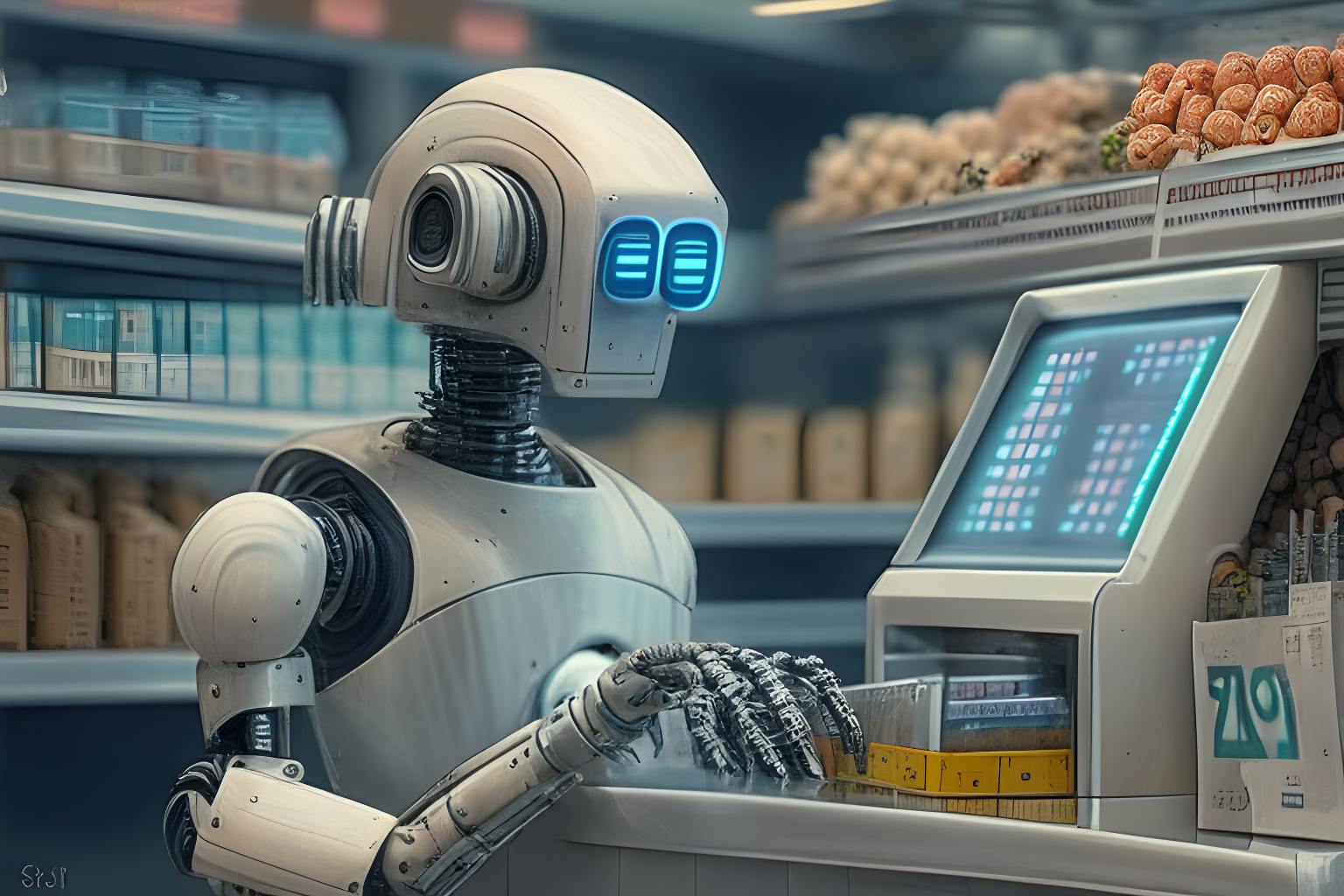Audio Presented by

Workee is the simplest personal website builder designed for private tutors and freelancers in private sessions.
Story's Credibility



About Author
Workee is the simplest personal website builder designed for private tutors and freelancers in private sessions.
